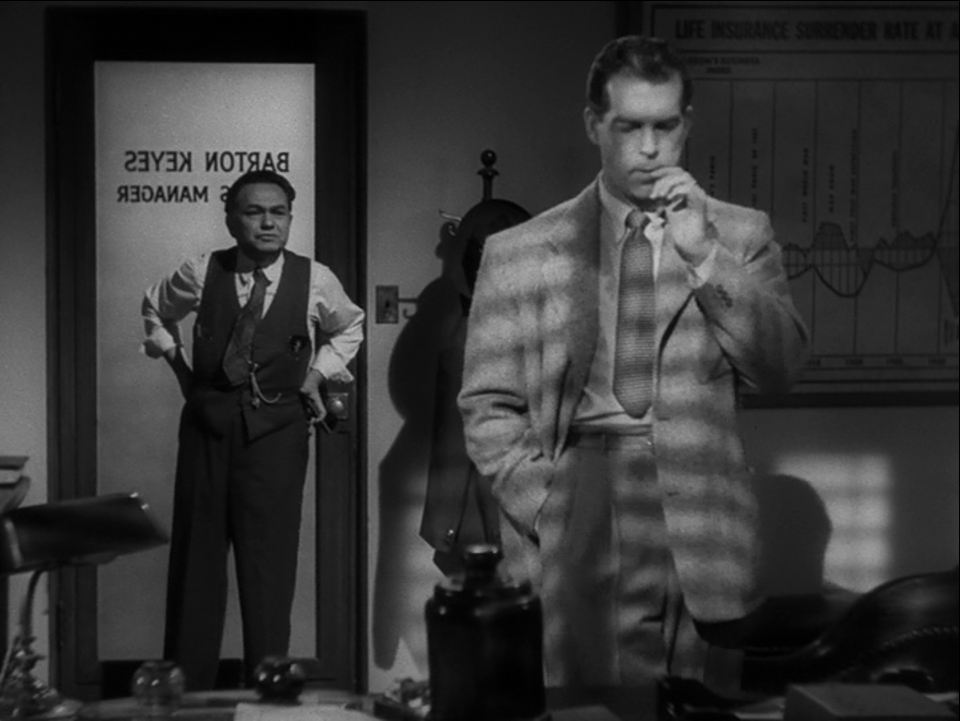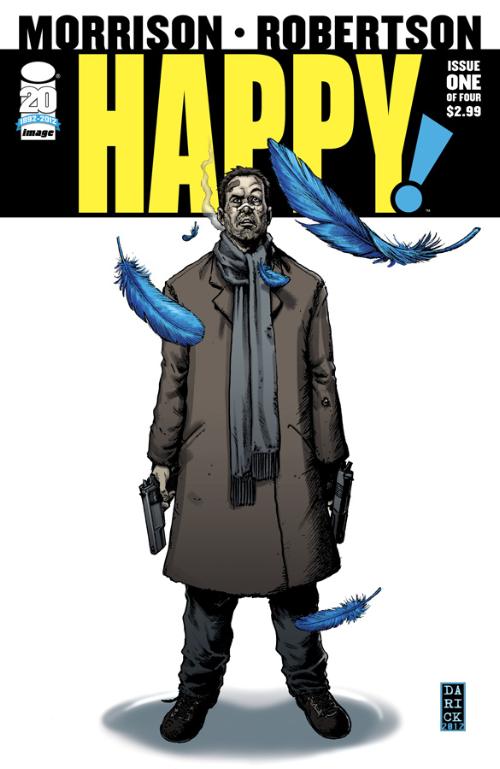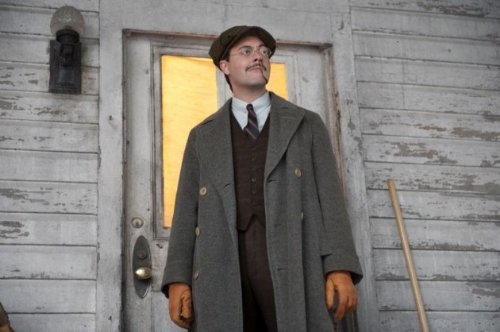Scream, Season 1, Episodes 4 to 7
Created by Jill E. Blotevogel, Jay Beattie, and Dan Dworkin
Airs Tuesdays at 10pm (ET) on MTV
Just as we began watching the season’s fourth episode, “Aftermath”, my friend turned to me and jokingly remarked, “Isn’t it sickening how fucking rich these kids are?” We laughed, but then the episode did something we weren’t expecting—it laughed with us. The show had unexpectedly, yet very enjoyably, turned on its characters. It agreed, it is sickening how fucking rich these kids are.
This was completely different from where the show stood on how it wanted its audience to perceive its characters in the first three episodes. The first episode ended with Noah telling Riley and the audience that “You have to care about these characters, so when they do get killed, you feel it.” The first three episodes had the intent of making the audience root for the characters, but it was unsuccessful in its attempt at creating sympathy for these hot teens of Lakewood. Moments that had previously gone for unearned drama and sympathy now were being played for sick, nasty laughter.
It’s unknown how intentional the attitude shift is, but the important thing is that it’s working. There’s a newfound rush in watching the killer turn the tables on these hot teens. The show understands that we’re not necessarily here to just root for the characters, but to watch them get brutally murdered. At this point, the enjoyment of the show rests a lot on how much viewers like these petty hot teens getting their lives messed around with by the killer, and that the audience wouldn’t want to know the identity behind the mask so much as give that psychopath a high five.
The show has become self-aware, realizing that the melodramatic personal problems of its characters are trivial when a killer is on the loose, and it now finds a dark comedy in that. It’s putting one of the great lessons of slasher storytelling into effect: If you’re not going to give us sympathetic characters, at least let us relish in their downfall. Many of the subplots—Brooke’s possibly missing mother, the Mayor (A wonderfully enjoyable Bryan Batt) getting blackmailed for money, whether or not Mr. Branson is a real identity—are still dangling on the edge aimlessly, only being engaged when playing into the dark comedy of the show’s enjoyment of its characters suffering.

What has been great in the subplots is the expansion of the mythology of Brandon James, carving out a genuine iconic slasher villain for itself as his past comes to light. It turns out that Daisy (Emma’s mother) was not as innocent in the whole slasher instance 20 years ago, having actually known Brandon his whole life, as they lived next door to each other. They were friends his entire life, and from what Emma’s mother has to say, he may not have been the villain in this tale. He was bullied and beaten by Emma’s dad on the night of the murders, and when he came to meet Daisy on the lake, he looked frightened—as if he had been set up. It brings into question the whole validity of Brandon James as a slasher, and reframes why this killer is seeking revenge for him. And as the last episode uncovered, Daisy had sex with Brandon, and the only thing against the theory that he is Emma’s father is that she’s not 20 years old. Still, the more the show reveals about the past of Brandon James, the greater his mythology becomes.
The performances have enhanced in this transition as well. Bex Taylor-Klaus and John Karna get to grow out of their stereotypes as Audrey and Noah, while Amadeus Serafini’s brooding is still intriguingly dangerous. Willa Fitzgerald continues to carry the protagonist role well, perhaps the only character among these rich kids who can garner genuine sympathy. Tom Maden, though, has become the surprise MVP of the hunks. There’s been something enjoyable in watching Maden ham up his performance as Jake, the expressions on his face reading like he’s pleasuring himself just below camera whenever he talks. He gets some hilariously bro-ey exchanges like: “How about you take a breath, bro?” “OH, stop telling me what to do, BRO!” and “Take it sleazy, Fitzgerald.” “No other way.”
Still, it’s taken 7 episodes for a director to really take the material and run with it. Episode 7, “In The Trenches”, finally gets some visual intrigue and genuine tension, courtesy of Honeymoon director Leigh Janiak. There are longer takes, actual use of lighting to create tension and atmosphere, editing with intent—basically, there is actual directing going on in the episode. The final images of Will getting his head sawn through, with the blood spattering all over Emma, is some nasty stuff, but it’s the type of nasty this show does well. Scream has gotten much better at being itself, which is all one can really ask of a TV show. With Ti West’s episode still ahead, a strong finish is a definite probability for this season.





